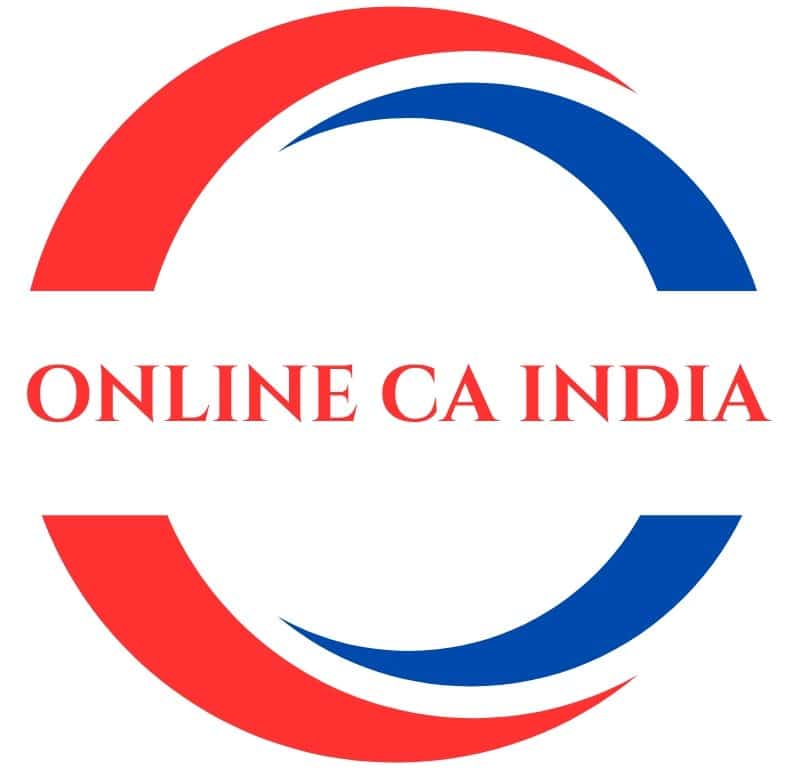Overview Drug & Cosmetic License
The Central Drugs Standard Control Organisation (CDSCO) regulates the import, manufacture, distribution, and sale of drugs and cosmetics in India. This is done through a licensing system that ensures that all drugs and cosmetics meet the required quality standards. The CDSCO also has the power to issue notifications under Section 26B of the Drugs and Cosmetics Act, which allows them to control and regulate or restrict drug manufacture in the public interest.

Drug and Cosmetic License
Drug License
A drug license is required for any person or entity involved in selling, purchasing, or manufacturing drugs in India. This includes manufacturers, retailers, and traders. The Drugs Controller General of India (DCGI) or the Central Drugs Standard Control Organisation (CDSCO) issued the drug license.
There are two types of drug licenses:
- Retail
- Wholesale
A retail drug license is required to run a chemist shop. In contrast, a wholesale drug license is required to sell drugs and pharmaceutical products.
Documents Required
The applicant must submit an application form to the DCGI or CDSCO and the required documents to obtain a drug license. The documents required may vary depending on the type of license being applied for.
However, some of the common documents required include:
- Proof of identity and address
- Proof of ownership or lease of the premises where the drugs will be sold or manufactured
- A certificate from a registered pharmacist
- A fee
Cosmetic License
A cosmetic license is required for any person or entity that manufactures or imports cosmetics in India. The CDSCO issues the cosmetic license. The applicant must submit an application form to the CDSCO and the required documents to obtain a cosmetic license. The documents required may vary depending on the type of cosmetics being manufactured or imported.
However, some of the common documents required include:
- Proof of identity and address
- Proof of ownership or lease of the premises where the cosmetics will be manufactured or stored
- A list of ingredients used in the cosmetics
- A stability test report
- A fee

Classification or Types of Drugs License
Manufacturing Drug License
This license is required for any person or entity that manufactures drugs in India. The Drugs Controller General of India (DCGI) or the Central Drugs Standard Control Organisation (CDSCO) issued the license.
To obtain a manufacturing drug license, the applicant must meet the following requirements:
- The manufacturing unit must be located in a suitable place. It must have adequate space, plant, and equipment for the manufacturing operations.
- The manufacturing unit must comply with the good practices (GMP) the DCGI prescribes.
- The manufacturing unit must have a competent technical staff, including at least one who is a Pharmacy or Pharmaceutical Chemistry graduate with at least 18 months of practical experience in drug manufacturing.
- The manufacturing unit must have separate arrangements for tests for the drugs’ strength, quality, and purity.
Suppose a single manufacturer has two or more factories situated in different locations for manufacturing the same or different drugs. In that case, each such factory will require a separate license.
Travelling agents of licensed manufacturers and importers of drugs involved in the free distribution of samples of medicines among members of the medical profession, hospitals, dispensaries, and medical institutions or research institutions are not required to obtain a manufacturing drug license.
Import Drug License
This license is required for any person or entity that imports drugs into India. The DCGI or CDSCO issues the license.
To obtain an import drug license, the applicant must meet the following requirements:
- The premises where the imported drugs will be stored must be equipped with proper storage accommodations for preserving the properties of the drugs.
- Patent or proprietary medicines must be imported in containers intended for retail sale.
- All consignments of drugs imported must be accompanied by an invoice or other statement containing the name and address of the manufacturer and the name and quantities of the drugs.
- The importer must submit a declaration to the Drugs Controller before importing any drugs not covered under mandatory licensing. The declaration should be signed by or on behalf of the manufacturer or importer.
Multi-Drug License
- This license is required for any person or entity operating in multiple states. If drugs are sold or stocked for sale at more than one place, a separate license is required for each such place.
Sale Drug License
This license is required for wholesalers and retailers who are engaged in the distribution of drugs.
There are three categories of drug licenses:
- Wholesale drug license: This license is required for wholesalers who sell drugs to retailers.
- Retail drug license: This license is required for retailers who sell drugs to the public.
- Restricted license for general stores: This license is required for general stores that sell a limited range of drugs.
Loan Drug License
- This license is required for persons who do not have manufacturing facilities but want to manufacture drugs on the premises of another licensed manufacturer. The licensee can then sell the drugs under their brand name.
To obtain a loan drug license, the applicant must meet the following requirements:
The loan drug license is valid for one year and can be renewed for subsequent years.
- The applicant must have a valid manufacturing license from the Drugs Controller General of India (DCGI) or the Central Drugs Standard Control Organization (CDSCO).
- The applicant must have a written agreement with the licensed manufacturer that allows them to use their facilities for drug manufacturing.
- The applicant must have a competent technical staff capable of manufacturing drugs per the good manufacturing practices (GMP) prescribed by the DCGI.


